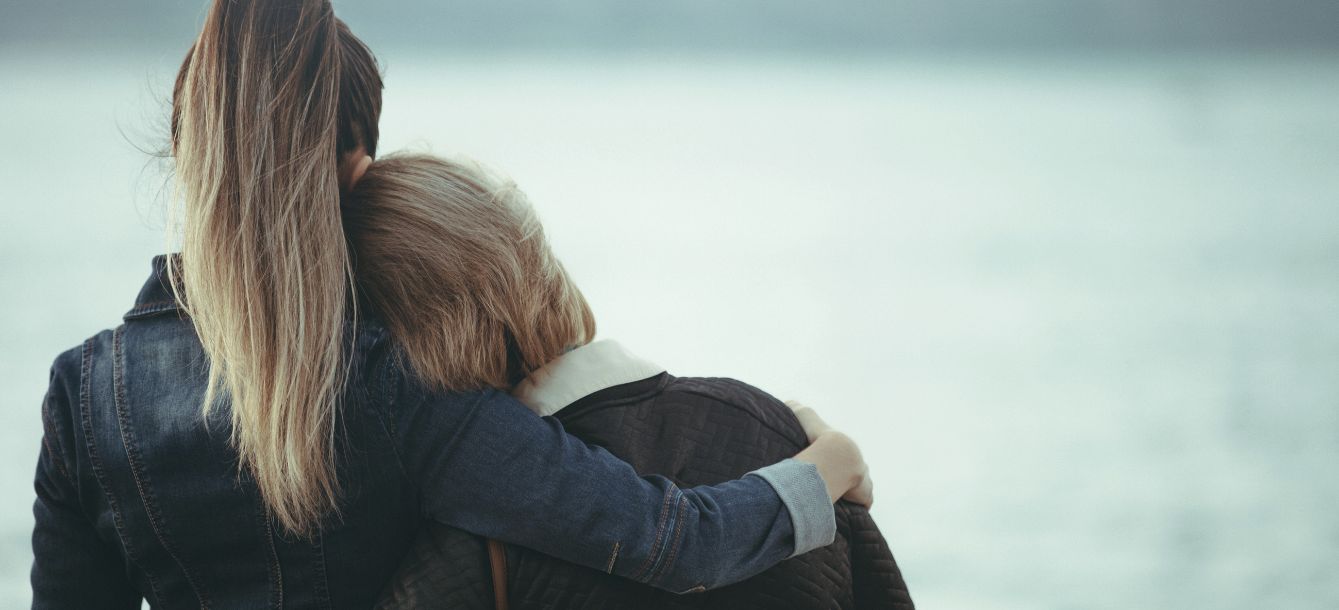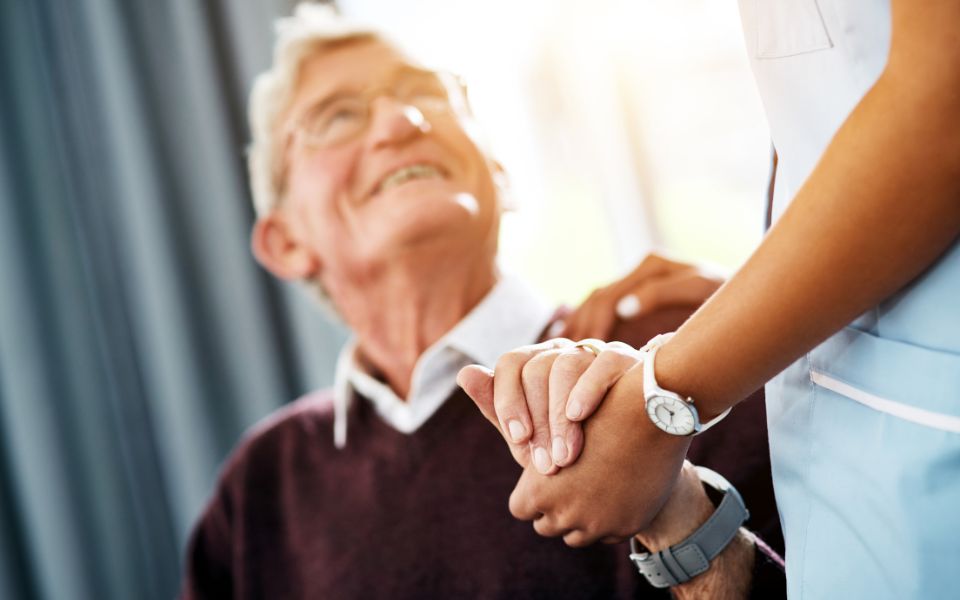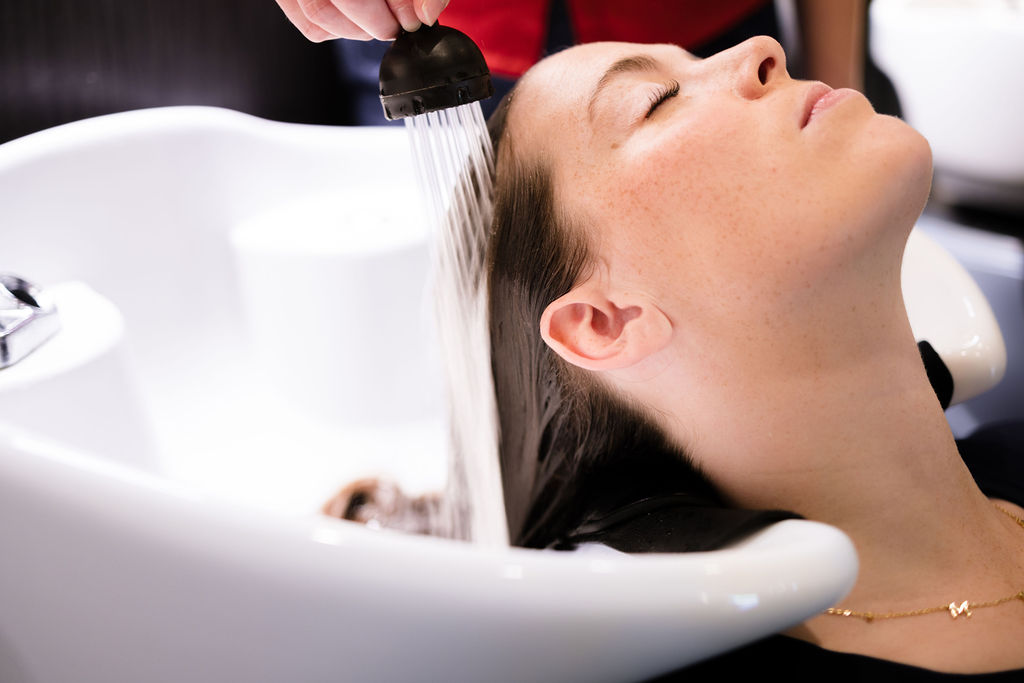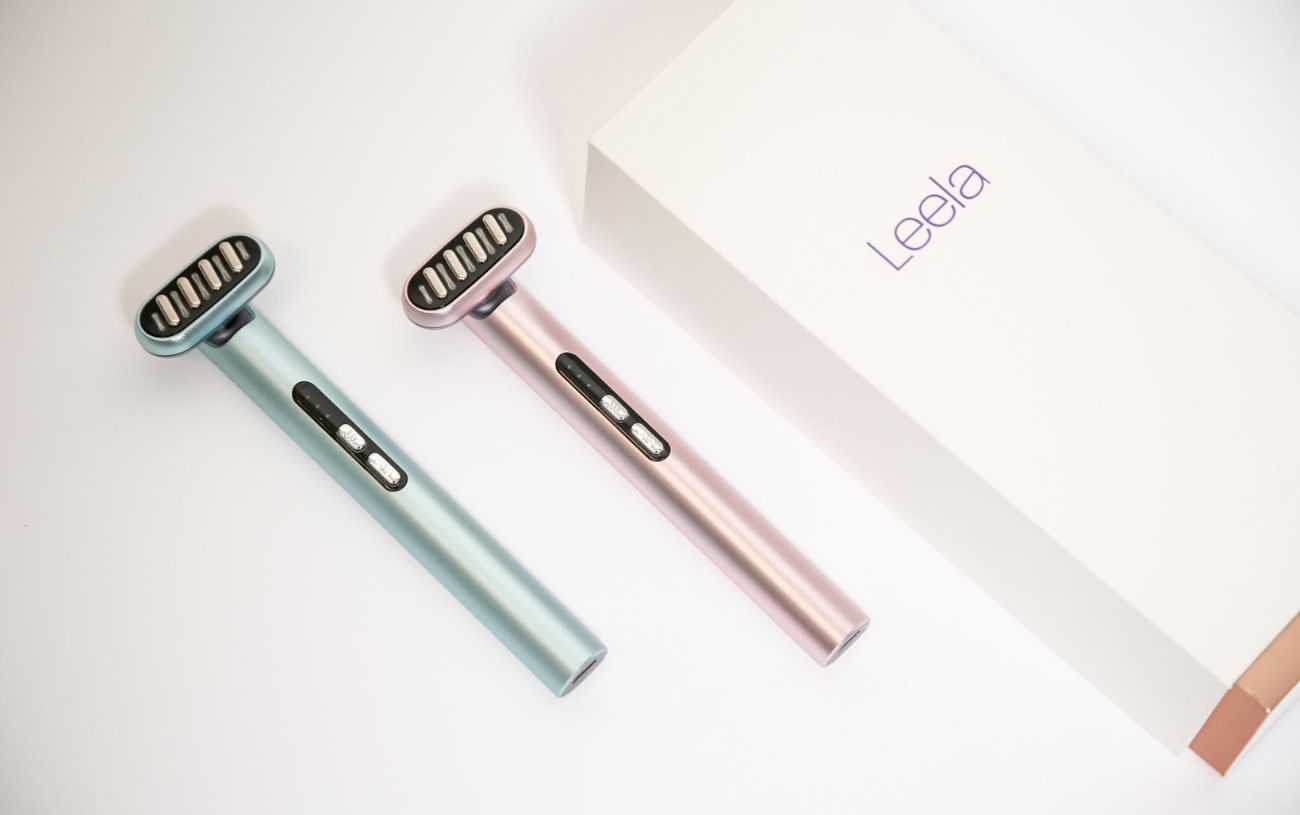
If you’re feeling worn down or checked out, you’re not alone. This year has been taxing for so many, like you, and the mental fatigue is very real. We hear it every day. Our clients share how they’re feeling the drain—from brain fog, difficulty focusing, and poor-quality sleep to chronic stress and physical fatigue. At the end of the day, it wears us down and makes showing up for ourselves and the people we care about challenging.
So, how can we overcome mental and emotional exhaustion?
One of the easiest solutions is also foundational to our work here at JUUT: Engaging in acts of kindness.
If you’ve attended one of my speaking engagements or read my book, Life As a Daymaker: How to Change the World by Simply Making Someone’s Day, it’s probably not a surprise that I’d suggest acts of kindness and generosity; they’re a powerful way to move through the world. I call it Daymaking, as it highlights how we can change someone’s whole day through a single act, but the patterns are woven throughout history.
And while the day-to-day benefits of kindness are obvious to many of us, science is now proving what we knew was right; kindness has the power to improve the mental and physical health of the giver—and receiver.
Kindness changes our body chemistry and lifts mental fatigue
Change your brain
Amazingly, when we practice kindness, those warm, compassionate feelings quite literally grow the area of our brains associated with positive emotion—just like a muscle when exercised. So, the more energy we put into this practice, the greater the impact.
What’s more, when we engage in kindness, we change our brains’ ability to respond to the world around us in a way that supports our emotional agility, builds resilience, and counters stress.
Change your body
In one study, people shared that they felt stronger and more energetic after helping others. Why? Part of the answer lies in our body chemistry.
When we practice kindness, we lower our cortisol levels. Not only does this help us reduce anxiety and mental fatigue, which is critical for emotional resilience—but it has the added benefit of supporting healthy skin.
Our warm-hearted gestures also boost the hormone, oxytocin, which some people call “the love drug.” Not only does it reduce our stress, it cements our attachments between people, nurturing a sense of connection and social safety.

What’s more, our generosity boosts our immune response. And as simply watching acts of kindness also creates this impact, those who see us extending support are lifted up and made healthier, too.
The long-term positive impact of this is fascinating. For starters, one study found that people who volunteer tend to experience fewer aches and pains. Another study discovered that people who are 55 years old or older that help at least two organizations reduce their likelihood of dying early by 44%.
In short, kindness is a powerful way to boost our physical health.
When it comes to kindness, practice makes perfect
It’s all well and good to talk about the mental and physical benefits of kindness. But how can you go about sprinkling these acts into your day?
Hold up a mirror
When you think something positive about anything someone has done or is doing, offer some warm-hearted validation. Write thank you letters for kind gestures and good work—or even just for being a great human. Celebrate the small wins of those around you. When someone opens a door for someone else or offers a small act of generosity, share a word about their good will. Simply saying “I’m thankful for you” goes a long way.
And there’s a bonus here: When you actively search for kind acts over time, you train your brain to look for these moments all the time. This boosts your personal feelings of thankfulness, which studies show makes you happier, improves sleep, lowers stress, and strengthens the relationships you have with the people you care about.
Make thoughtful, personal gestures
Remembering aspects of someone’s personal life shows them that you care by actively holding space for them in your mind. So, a random call to say hello and catch up? It’s an easy way to show how much you value them. (Yes, this may be a hot-button topic in today’s increasingly digital world but it’s more welcome than you may think.)
Embrace third spaces
Outside of home (our first space) and work (our second space), these community gathering spots, or “third spaces,” give us rich opportunities to nurture connection, ultimately, helping address our loneliness epidemic. Places like libraries, coffee shops, churches, and parks, to name a few. And not only do these spaces offer a great place to practice kindness but also an excellent spot to gather new ideas. If you’re actively watching for them, you’ll be surprised at the variations of selfless acts people express daily. (And, if you recall, watching these acts also boosts your immune system.)
Be a force multiplier for good
If you own or manage a business or third space, think of the ways you can inspire acts of kindness in others and design spaces and policies that facilitate a constant flow. I consider our JUUT salons as a sort of third space and have written in my book how my leaders inspire and empower our artists and team members to create these magical moments.
Make eye contact and smile
It’s simple. It’s powerful. When we look at faces, the nerve that acts as the information superhighway to our brain lights up like a Christmas tree. A simple act like this helps people feel connected and safe—a smile can literally change someone’s mood.
Volunteer
This is a great way to set-it-and-forget-it. All the organizing work has been done for you, you just have to show up. And you get to do double-duty, as the volunteer coordinators, as well as those directly benefiting, get the impact from your good work.

Engage in random acts of kindness
These can be so rewarding to think up and so powerful in their impact. Perhaps imagine yourself as an “anti-prankster,” coming up with surprising and delightful lightning strikes of joy. It can be simple, like leaving an encouraging note for a coworker or helping a neighbor with their groceries, or something more creative like leaving a flower on a bus seat or sending an anonymous gift card to someone you know is struggling.
As a final thought: The very act of kindness helps imbue meaning to any moment.
What more could one ask for?














